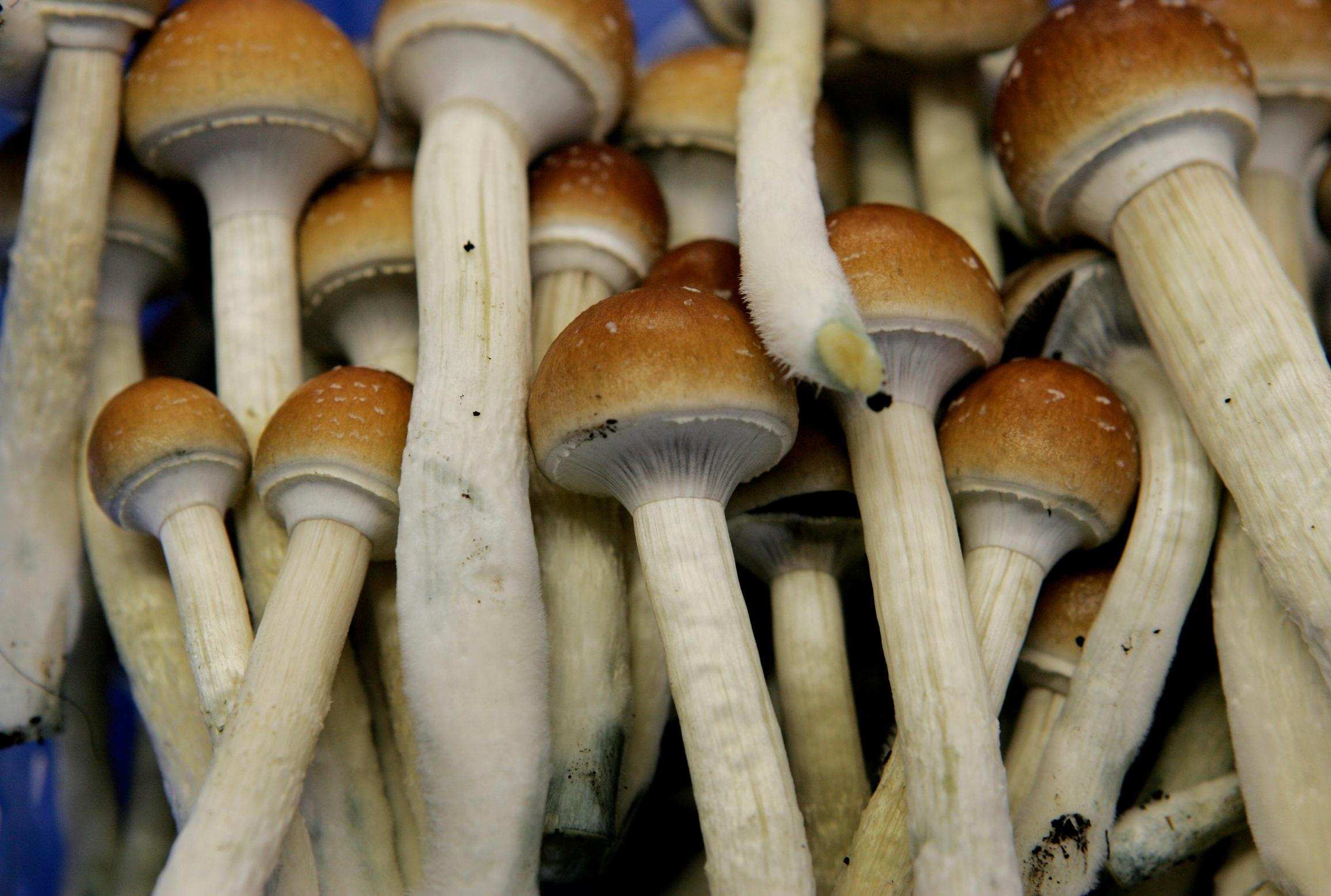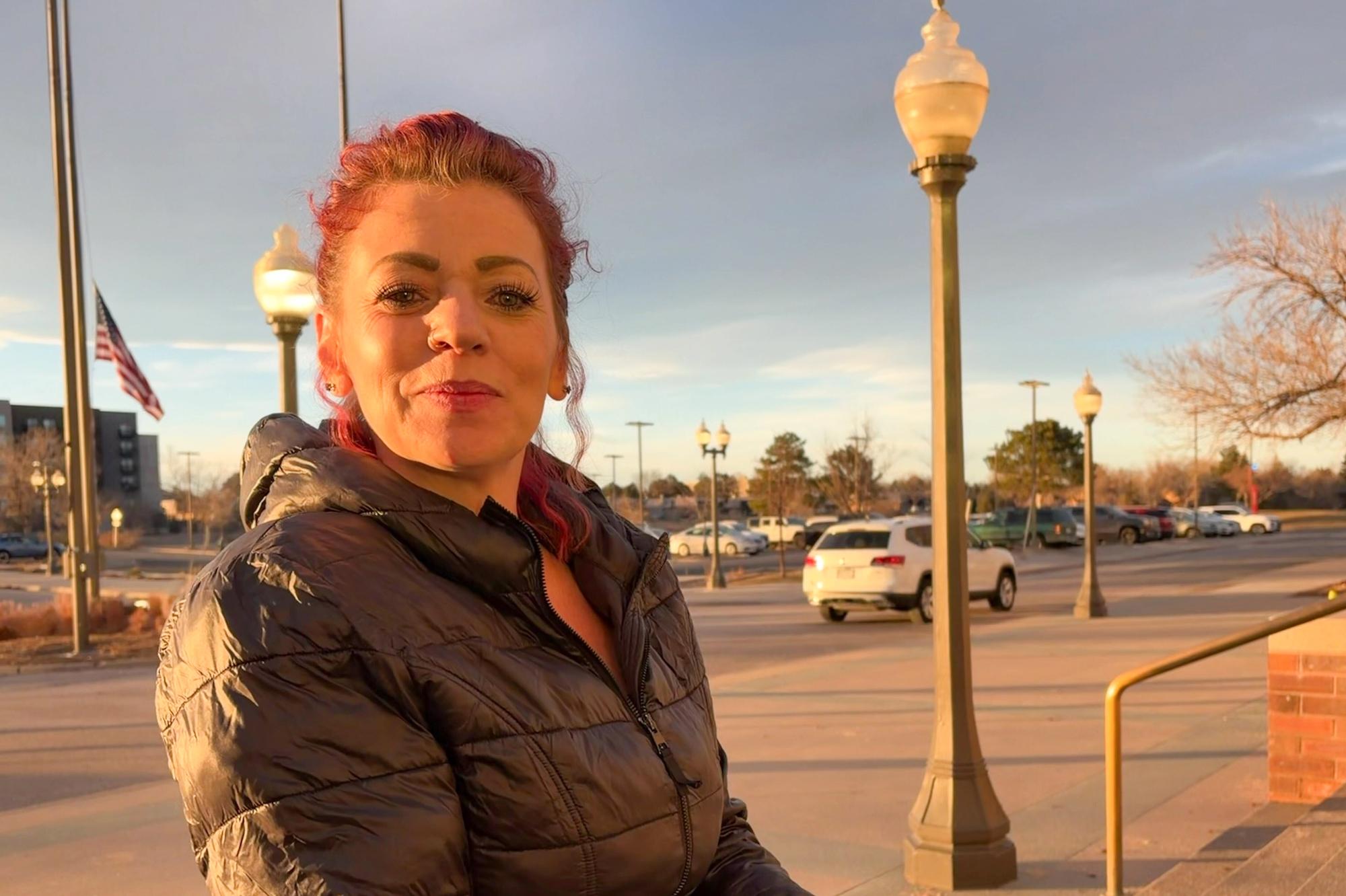
Updated 5:11 p.m., Nov. 9, 2022
Proposition 122 — decriminalizing psilocybin mushroom possession for adults, and eventually allowing state-licensed treatment centers to administer the drug under the supervision of trained staff — is headed to victory.
By Wednesday afternoon, the initiative led by more than 49,000 votes out of more than 1.8 million that had been counted. That represented slow but steady growth in the margin that seemed to point toward a win for the measure.
The Associated Press had not yet called the race, but opponents of the measure conceded that it had passed.
“This is a historic moment for both the people of Colorado and our country,” said Kevin Matthews, coalition director for Natural Medicine Colorado. “I think this demonstrates that voters here in Colorado are ready for new options and another choice for healing, especially when it comes to their mental and behavioral health."
While it does not allow retail or commercial sales, in the way cannabis is delivered in the state, it nevertheless would be a major win for the drug reform movement. Oregon is now the only state to legalize psychedelic treatments.
Once licensed facilities open, no sooner than fall 2023, psilocybin can be administered by licensed “facilitators” to people 21 years of age or older. Personal possession is also decriminalized.
The race came amid a flurry of new research into psychedelic treatments, and attracted lots of out-of-state money.
The vote comes as new research shows the substantial mental health benefits of psychedelic treatments. But psilocybin and similar drugs are still listed as schedule 1 drugs under the Controlled Substances Act, meaning, in the eyes of federal law, there is “no currently accepted medical use in treatment in the United States.”
Money poured into the race from out of state. The committee in support of Proposition 122 spent $4.5 million, with 99 percent of the funds coming from D.C.–based groups that don’t disclose donors in detail, including New Approach, New Approach PAC, and Center for Voter Information, according to state records.
The Denver Post reported that the founder of the TOMS shoe company donated $1 million to New Approach, which has supported marijuana and psilocybin legalization measures from Montana to South Dakota to Oregon.
Meanwhile, the opposition, Protect Colorado’s Kids, raised only about $50,000 in in-kind contributions from a similarly named Protect Our Kids based in Highlands Ranch. The group is run by Luke Niforatos, an executive vice president of Smart Approaches to Marijuana, which advocates against marijuana commercialization.
Just in the last few months, there have been a number of compelling studies on psilocybin’s effectiveness in treating depression. This month, a study published in the New England Journal of Medicine found that 25-milligram doses of psilocybin “reduced depression scores significantly.”
A separate study from Johns Hopkins earlier this summer found “substantial antidepressant effects of psilocybin-assisted therapy may be durable” for at least a year after treatment.
Colorado has long been at the forefront of progressive drug policy, but federal laws are still a snag.
In 2000, voters agreed to amend the state constitution allowing medical marijuana for certain conditions. In 2012, Colorado voters passed Amendment 64, which legalized the distribution of recreational cannabis, and on the morning of Jan. 1, 2014, the first legal recreational marijuana sales in the U.S. happened in Colorado.
Denver then found itself back in the drug reform spotlight in 2019, when city voters agreed to decriminalize psilocybin. Other cities followed, including Oakland, CA, Seattle, and Washington D.C. A year later, Oregon became the first state to legalize psilocybin, and the state plans to issue the first permits to cultivate it at the start of 2023.
In the case of both cannabis and psilocybin, the state’s rollback of restrictions partly hinges on the federal government continuing to essentially ignore the emerging markets. Should a change in administration and emphasis occur, it could all evaporate under a blizzard of federal criminal charges.
Sam Kamin, a drug policy expert at University of Denver, said the federal government has little ability when it comes to the decriminalization of psilocybin — they can’t really force Colorado to prosecute drug crimes.
“The therapeutic treatment centers is probably more complicated,” Kamin said. “There, the federal government probably has more ability to come in and throw its weight around.”
The centers are designed to be far more limited enterprises, not like the widespread nature of retail cannabis stores.
Colorado’s system would be similar to Oregon’s: there won’t be retail dispensaries as there are with marijuana. Instead, certified “facilitators” will administer the drug at newly licensed “healing centers” or existing health care facilities. Psilocybin can’t be taken off premises and there are limits on the number of centers, but there are currently no limits on how much of the drug can be administered.
What Colorado's psilocybin system would look like exactly still has some unknowns — but it would be different than cannabis.
Many details of how exactly Colorado’s psilocybin system will work have been left to state regulators (the Division of Regulatory Affairs), law enforcement and advocates to work out together.
But there are deadlines: Proposition 122 says the state must issue rules for things like drug testing standards, license requirements, and health and safety warnings by Jan. 1, 2024, and the state must begin accepting applications for licensed facilities to administer psilocybin by Sept. 30, 2024.
“Psilocybin is not a commodity like cannabis,” said Sean McAllister, a longtime cannabis business attorney and drug reform advocate. “It's a service like therapy. And so that's the difference here, is that you really are gonna see service centers where they're surrounding people in a healthy environment and helping them work through mental health challenges.”
The state’s been here before. About 10 years ago, a blue ribbon panel assembled by then-Gov. John Hickenlooper debated what the new cannabis industry would look like. But the panel had the luxury of copying many of the laws, rules and regulations from the established medical marijuana market.
Psilocybin will be different, there aren’t many examples to follow — Oregon is the only other state to pass a similar measure, and the regulated market there has yet to even start.
Casimiro Villa, 49, from Greeley, voted for psilocybin. He says he’s a mix of Apache, Mexican and other backgrounds. His interest in natural medicines is related to his Indigenous roots, and he wants it to be available in licensed locations.
“Because without certain channels, people don’t know how to go about it or where to go about it. And I think it should be something like dispensaries where they could have knowledgeable people that are giving them the correct medicines, rather than having to rely on the streets.”
CPR’s Rachel Estabrook contributed to this report.









